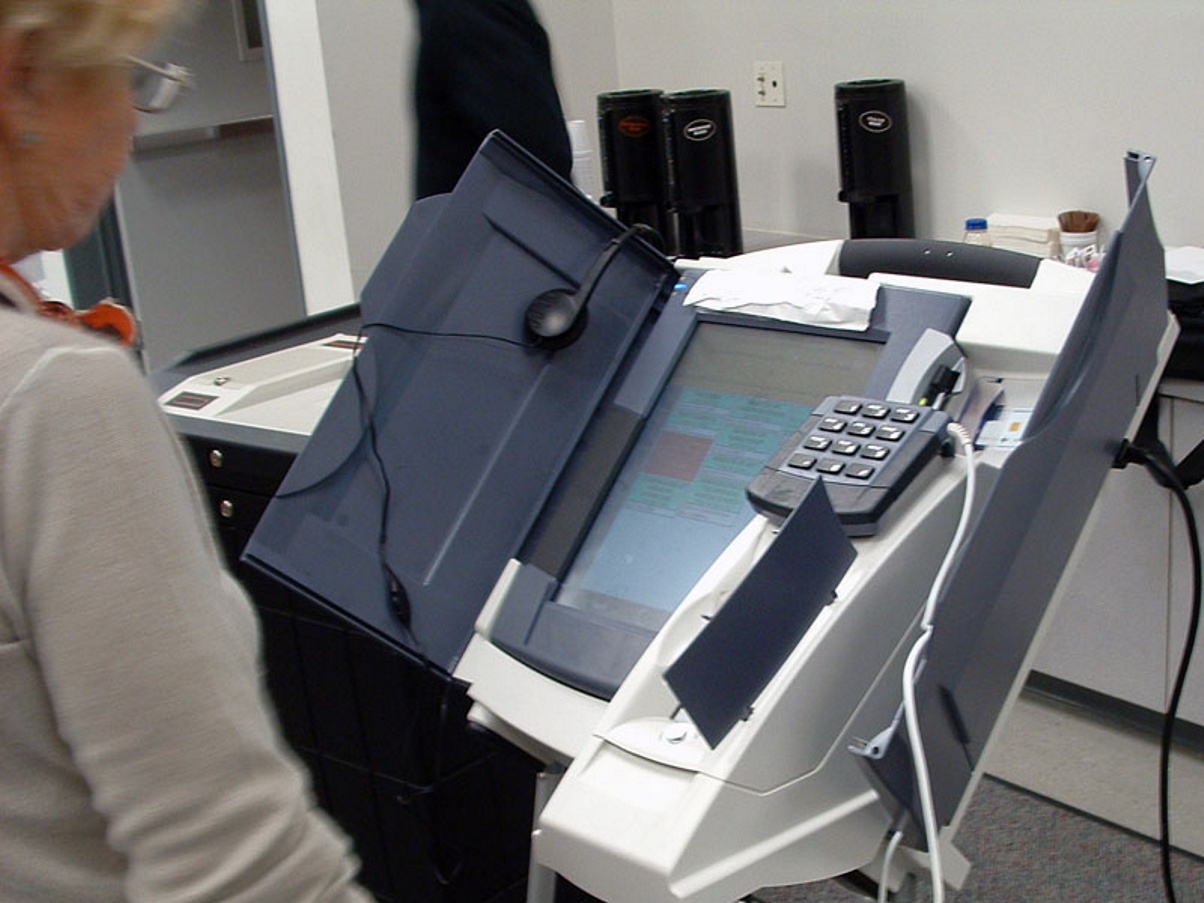The revelation this month that a cyberattack on the DNC is the handiwork of Russian state security personnel has set off alarm bells across the country: Some officials have suggested that 2016 could see more serious efforts to interfere directly with the American election. The DNC hack, in a way, has compelled the public to ask the precise question the Princeton group hoped they’d have asked earlier, back when they were turning voting machines into arcade games: If motivated programmers could pull a stunt like this, couldn’t they tinker with the results in November through the machines we use to vote?
This week, the notion has been transformed from an implausible plotline in a Philip K. Dick novel into a deadly serious threat, outlined in detail by a raft of government security officials. “This isn’t a crazy hypothetical anymore,” says Dan Wallach, one of the Felten-Appel alums and now a computer science professor at Rice. “Once you bring nation states’ cyber activity into the game?” He snorts with pity. “These machines, they barely work in a friendly environment.”
The powers that be seem duly convinced. Homeland Security Secretary Jeh Johnson recently conceded the “longer-term investments we need to make in the cybersecurity of our election process.” A statement by 31 security luminaries at the Aspen Institute issued a public statement: “Our electoral process could be a target for reckless foreign governments and terrorist groups.” Declared Wired: “America’s Electronic Voting Machines Are Scarily Easy Targets.”
For the Princeton group, it’s precisely the alarm it has been trying to sound for most of the new millennium. “Look, we could see 15 years ago that this would be perfectly possible,” Appel tells me, speaking in subdued, clipped tones. “It’s well within the capabilities of a country as sophisticated as Russia.” He pauses for a moment, as if to consider this. “Actually, it’s well within the capabilities of much less well-funded and sophisticated attackers.”

